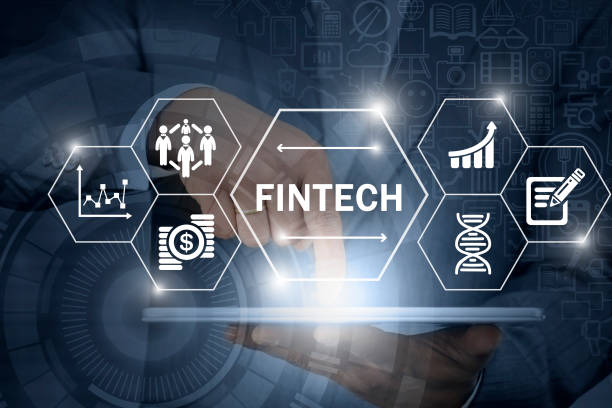
Changes in the Banking Industry
Over the last decade, the business model of banks underwent significant changes. Several elements, including technological and regulatory factors, combine to form the new business model of banks.
Some of the modifications seen in the business module of the banking industry include;
- Google and Apple, big tech, planning to offer a variety of banking solutions and services
- Special services offered by nonbank payment organizations
- Digital-only banking platforms provided by challenger banks
- Finance debtors matched with savers by credit intermediation services and platforms
The financial disruption gave rise to multiple new innovative technologies and online platforms that outperform traditional banks by record growth. Therefore, traditional banks require a cost-effective and progressive solution to sail through digital disruption successfully. Consequently, investing in fintech and digital innovation becomes essential for the banking industry.
The Role of Banks in Supporting the Economy
Banks play a major role in the equilibrium of the economy. The liquidity provisions and maturity transformation are significant services handled by banks. Additionally, banks accept short-term deposits and provide long-term loans. The banking industry also offers transaction and payment services.
The banking industry has thus far greatly benefited from the digital revolution. Machine Learning (ML) and Artificial Intelligence (AI) play a major role in processing and handling data in banks. With digital disruption, payments, transactions, and other banking services face the threat of getting shadowed by the ease and convenience offered by digital banking and financial services. Hence, adopting innovative technology to enhance the banking structure can help banks stay ahead of the competition.
Financial Sector and Digital Disruption
Digital disruption of the financial sector mainly stems from the change in the way consumers demand services. Moreover, supply and demand supplement the digital disruption in the financial industry.
Technological advancements provide significant incentives for the changes in the supply of financial services. These advancements are governed by smartphones, blockchain technology, cloud computing, and Application Programming Interfaces (APIs). APIs, in particular, enable faster transactions along with significantly improved services. Additionally, cloud computing allows consumers to store and share data over the internet through a network of remote servers. Hence, this process brings cost-effectiveness and flexibility to the table. Cloud computing allows the banking industry to manage customer relationships, accounting, and human resources.
Consumers heavily depend on their mobile phones in the modern world. Furthermore, the availability of smartphones with internet access expanded the range of financial services offered to consumers. Consumers across the globe receive online financial services, including payments, online shopping, and monetary transactions. E-wallets hold the potential to be the fastest-growing technology in the market. The ease innovative technology provides the consumer brings convenience and efficiency to the banking industry. Digitalization of traditional banking services also enhances the reach of financial services, effectively limiting the global financial gap.
Continue to part three of this article to understand “competition and co-operation” between the banking industry and fintech.
























